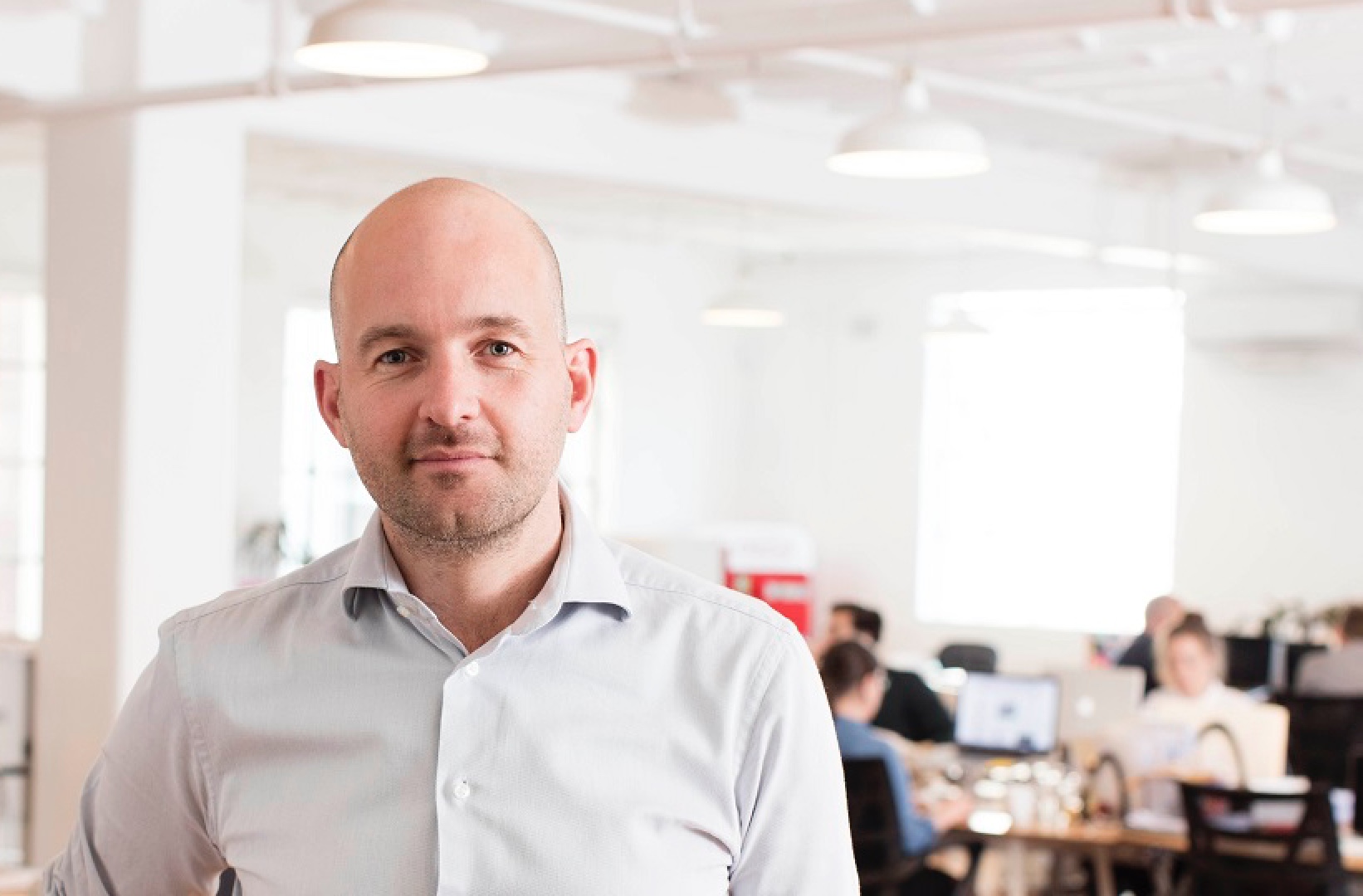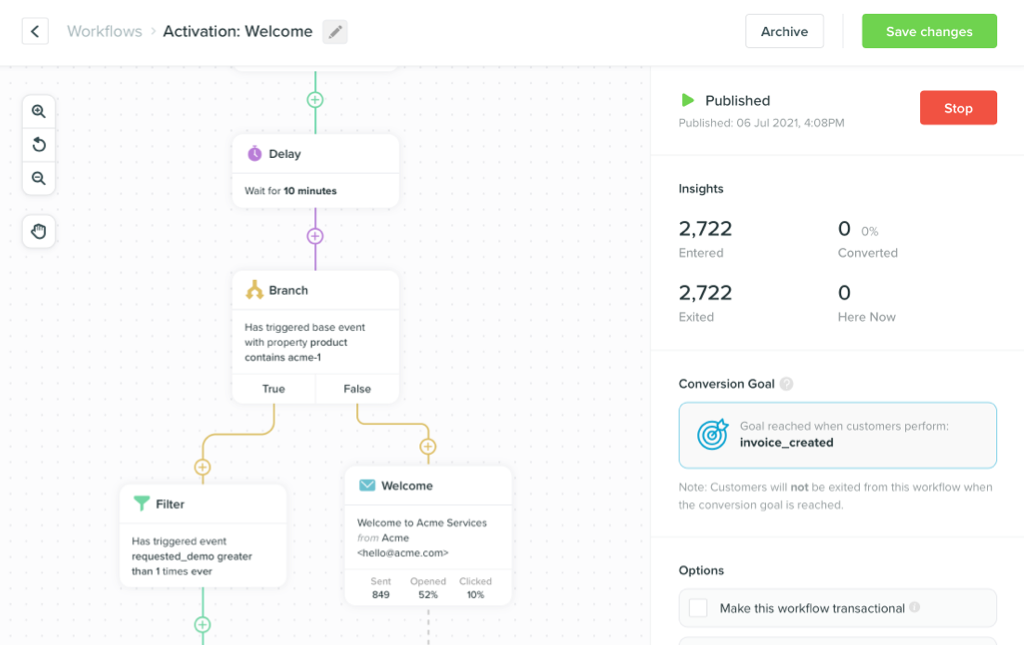I work for a company 7,814 miles away
-
UncategorizedUpdatedPosted:
On this page
There is something profound about controlling your schedule. When your day-to-day life isn’t shaped traditional office hours or someone else’s schedule, work doesn’t really feel like work anymore.
We operate in a creative economy, not a labor economy. It’s time to evolve the way we work.
At Vero, we code, create, write, design, market, think, analyze and communicate. We create value, not physical products. This is happening all over the world right now and it’s the exact reason we are evolving into a remote company. Empowering employees to be happy instills a sense of purpose in our work. As Seth Godin says:
“The future of labor belongs to enlightened, passionate people on both sides of the plant, people who want to do work that matters.”
The purpose of this blog is to give you an inside look at our company and a few reasons why we choose to work this way.
Focus on productivity, not work.

Sydney, Australia is 18 hours ahead of Tucson, Ariz. When I start working in the morning, my co-workers are (hopefully) fast asleep. When their day gets going, mine is winding down. We overlap for a few hours each day, so we jump on Google Hangouts to chat and prioritize our work for the hours when we work independently. Because I’m not tied to a traditional schedule, I sometimes find myself starting work later and finishing work later. If I have things planned after work, I start early and finish a bit early. I take my dog for a few walks during the day, take a break to exercise and spend a little time cooking a healthy lunch.
These perks are priceless. They remove so much of the stress related to work and allow me to be even more productive when I am working.
Buffer co-founder Leo Widrich wrote a great post on the Buffer blog explaining why our bodies need these breaks in order to be productive.
The basic understanding is that our human minds can focus on any given task for 90-120 minutes. Afterwards, a 20-30 minute break is required for us to get the renewal to achieve high performance for our next task again. Here is a better representation of the ultradian rhythm:

So instead of thinking about “What can I get done in an 8 hour day”, I’ve started to change my thinking to “What can I get done in a 90 min session”.
This simple change in mindset has a massive effect on the culture of our startup. Slogging away for hours at a time is not only counterproductive, it’s miserable. A focus on optimization helps us gear our entire lives towards making the most out of work, recreation and rest.
Empower a healthy work-life balance.

Perhaps one benefit of working a normal 9-5 schedule is that most of your email happens during those hours. If everyone works the same schedule, communication dies off in the evening and revs up again in the morning.
This isn’t true for an international startup. There is a trickle of emails coming through nearly 24 hours a day, with surges during our respective mornings. In some ways, this makes it hard to disconnect. Again, however, a simple change in perspective makes all the difference.
Our CEO Chris Hexton often asks us questions like “Where do you want to live?” and “What goals do you want to accomplish in life?” Those are important questions and not necessarily work-related, until he follows it up with “How can Vero help you get there?”
This mindset makes the work-life balance easier to manage since it empowers us to use work to accomplish personal goals. After all, career goals should be personal goals. The traditional office environment has zapped us of that reality. When work and personal life are too separate, it becomes impossibly difficult to accomplish goals that should be achievable.
It doesn’t mean that spending all hours of the night answering emails is the answer but it gets employees to buy-in to the company’s goals as well as their own. It’s a win-win.
Attract the best of the best.

When it comes time to hire new folks, Vero isn’t limited by location. The best candidate for the job, regardless of location – in most cases, but some employees do need to be in the same office – can be hired.
This opens up a world of possibilities but it does offer a unique set of challenges. For example, the best person for the job probably is looking for a new job. And that person might never have even considered that working remotely is an option. This approach to work is growing quickly but many of the best tech people are unaware that working for a company 7,814 miles away is a real possibility.
It’s hard to find these people. There are handful of sites, like We Work Remotely, that help but we need to find ways to reach the people who aren’t looking. It’s an ongoing challenge.
One other challenge is that working from home has gotten a bad rap. Just listen to this recent article on Thought Catalog:
The more time you spend alone, the less you are able to connect and interact with other humans. Your friends will be all, “So, what have you been up to?” And you will seriously not have one thing to share.
It’s a cynical approach that’s missing all the things that make working from home great. The flip side – commuting each and every day – isn’t exactly an exciting alternative.
Commuting is a migraine-inducing life-suck – a mundane task about as pleasurable as assembling flat-pack furniture or getting your license renewed, and you have to do it every day. If you are commuting, you are not spending quality time with your loved ones. You are not exercising, doing challenging work, having sex, petting your dog, or playing with your kids (or your Wii). You are not doing any of the things that make human beings happy. Instead, you are getting nauseous on a bus, jostled on a train, or cut off in traffic.
In my personal experience, working remotely means I get to spend more time with my wife and dog, the freedom to exercise any time of day and the ability to run little errands that I would otherwise have to save for the weekend.
Do you work remotely? Or wish you worked remotely? Or hate working remotely? We’d love to hear your thoughts on the topic. Just drop a note in the comments.
Sydney photo via Pavel
Want to send more personalized mobile and email messages to your users?
Learn moreCustomer story

How UNO uses email marketing from the data warehouse to deliver personalized mortgage broking

